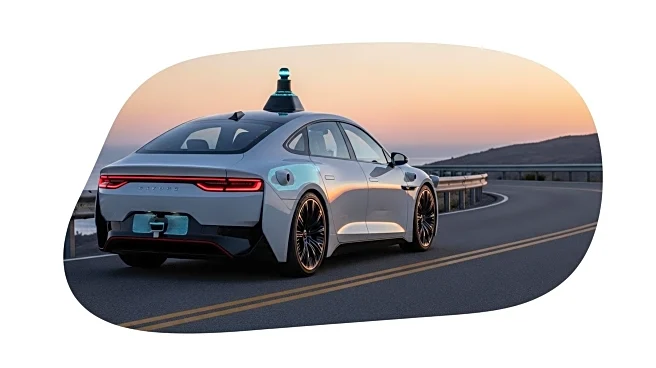What's Happening?
Tesla's Full Self-Driving (FSD) software is being tested in Australia, raising questions about its legality and impact on road safety. The software, which allows for advanced driving functions like automatic lane changes and merging, is priced at $10,100 and has been available for purchase for over a decade. However, its use has sparked controversy, with some experts questioning whether it is legal to operate without a permit. The software is classified as level-two automation, meaning a driver must remain in control at all times. Despite this, videos of Tesla vehicles operating without hands on the wheel have led to concerns about the potential for driver complacency and accidents.
Why It's Important?
The introduction of Tesla's self-driving technology in Australia is part of a broader trend towards increased automation in the automotive industry. While the technology promises to enhance road safety by reducing human error, it also presents challenges in terms of regulatory compliance and public perception. The debate over Tesla's software highlights the need for clear legal frameworks and public education to ensure that self-driving technology is implemented safely and effectively. The outcome of this debate could influence the future of autonomous vehicle regulations and adoption in other markets, including the U.S.
Beyond the Headlines
The controversy surrounding Tesla's self-driving software also raises ethical questions about the responsibility of manufacturers and drivers in ensuring road safety. As the technology becomes more widespread, there will be a need to address issues such as liability in the event of accidents and the potential for over-reliance on automation. These discussions could lead to significant shifts in how society views and interacts with autonomous vehicles.









